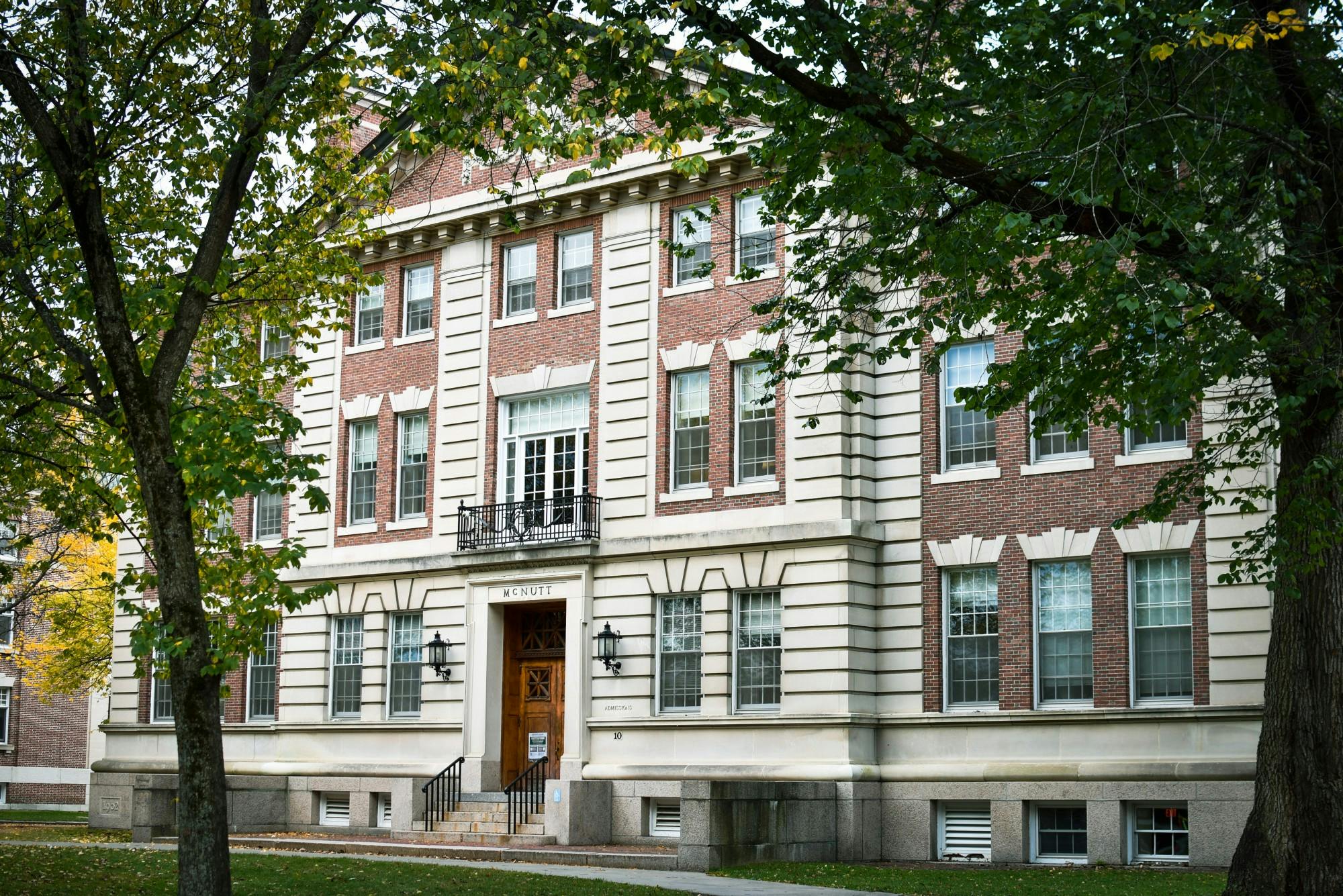Last week, the College announced that its endowment grew 46.5% in 2021 to $8.5 billion. Dartmouth has allocated $335 million to this year’s operating budget, some of which the College has pledged to spend on increasing student wages and addressing student mental health concerns, among other initiatives. While some supported the College’s additional spending on students, others believed the College could have allocated more from the endowment to help improve life on campus.
In a Dartmouth News article from Oct. 11, College President Phil Hanlon said that the endowment’s growth was “fueled” by donors, a strong market performance and the work of the investment office.
In an emailed statement, executive vice president and chief financial officer Rick Mills clarified that the $335 million is the budgeted endowment distribution — the share of the endowment used to support the College’s operating budget, usually roughly 5% — for this fiscal year. Mills wrote that the elimination of parent contributions for families with salaries of $65,000 or less, the one-time bonus to employees and the graduate stipend payments will be funded from the investment gains according to a metric that was set before the endowment increased this year, “well before the investment returns were realized.”
According to Mills, the student minimum wage increase and mental health investments will be funded by “increases” in future endowment distributions
Student employee Gui Marinho ’22 expressed relief at the increase in hourly wage. Marinho, who works at the Collis Center, said he never had any issues with his salary, but knew some students who struggled making ends meet.
“I don’t like that students in harsher financial situations have to strain themselves [with work on campus] to get by. I’ve had friends who had to do that,” Marinho said.
Marinho said that while the recent allocation to student workers is a good start, he believed that the College should also listen to student concerns when considering where to allocate resources.
“I think we talk a lot about money [at Dartmouth], but we already have billions [in endowment],” he said. “It’s never been the issue. The issue is opening channels of communication, listening to what the students want, what the students are feeling [and] being empathetic towards the situation of students who are less privileged or have very strenuous circumstances, which are a lot of workers,” he said.
Student Wellness Center director Caitlin Barthelmes said she appreciates the College’s commitment to mental health initiatives and wellness on campus.
“I’m super enthusiastic that the College has been demonstrating their support for health and wellbeing in general on our campus,” she said.
Barthelmes noted that this is not the first time that the College has recently taken efforts to address mental health awareness, noting that the Center has recently been able to hire a Student Wellness Coordinator. In May, the College also announced a four-year collaboration with the JED foundation that aims to address students’ mental health needs. Earlier this month, Student Assembly announced the launch of a pilot program for Calm, a mental health app.
Some community members said they think the College could have directed more of the endowment returns to boost the local community. Two days after the College’s press release, the Dartmouth Youth Democratic Socialists of America, for example, released a statement in response to the endowment growth. The group urged the College to end “austerity” — policies such as budget cuts and layoffs — to instate a “proper” minimum wage of $15/hour and to address the wealth gap in the Upper Valley.
According to Dartmouth YDSA secretary Kaya Çolakoğlu ’24, the organization consulted student and staff workers from different parts of the College to craft the statement.
“We’ve had for a long time now, since the start of the pandemic, a network of people with grievances mainly making up Dartmouth’s labor infrastructure,” Çolakoğlu said.
Çolakoğlu said that residents of the Upper Valley deserve compensation because they have been impacted negatively by the College’s real estate policies, housing policies and other financial decisions.
“It is only fair that when this [wealth gap] does occur at the end of the pandemic, those who have suffered to, essentially, really keep our communities running and alive, get part of that dividend too,” he said.




